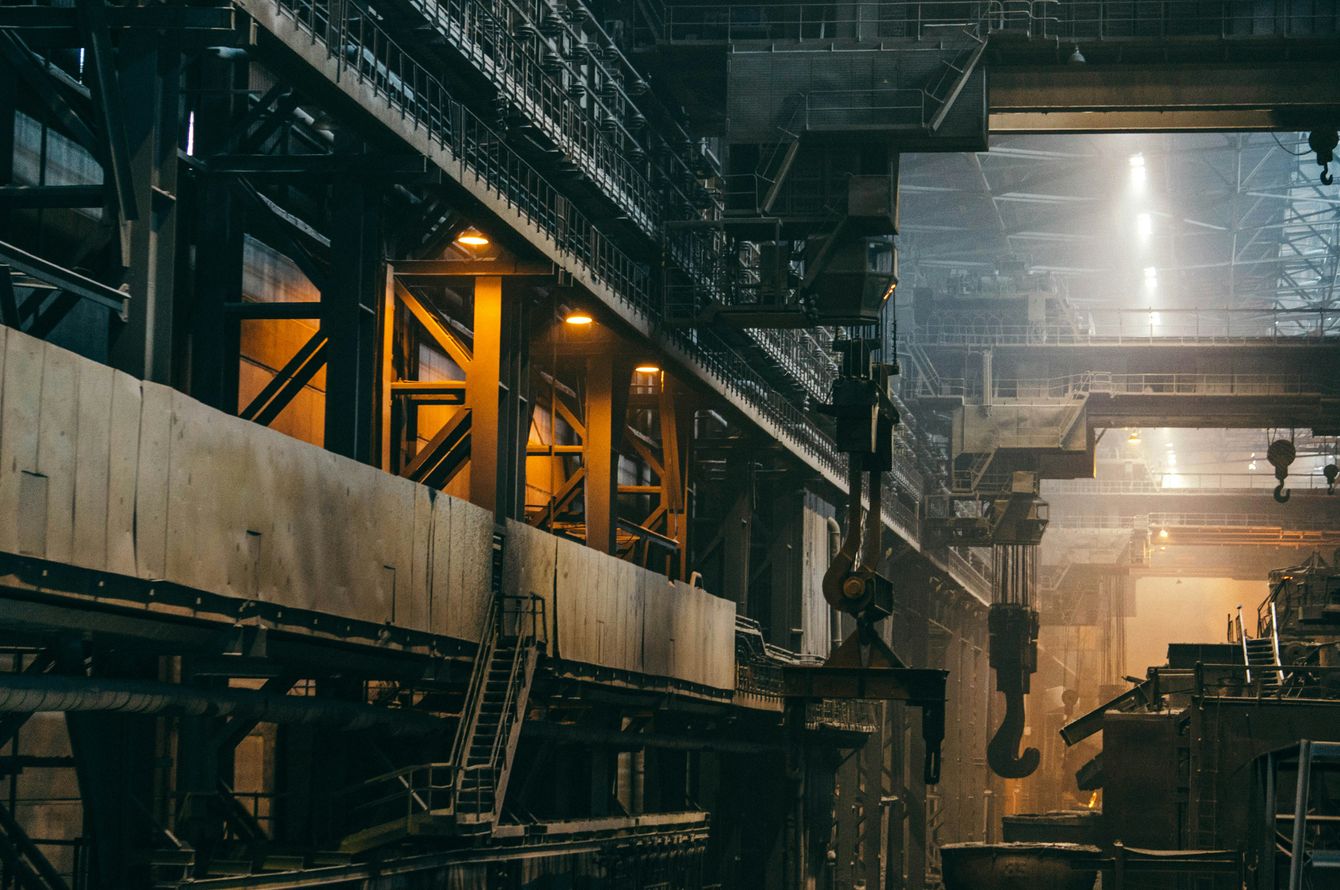Japanese steelmakers have raised concerns with Australian authorities that BHP Group could become too dominant in the global supply of coking coal if it goes ahead with a takeover of Anglo American.
Australia is the world’s biggest exporter of coking coal and top supplier to Japan, making up around 60% of its imports, with most of the steel-making ingredient coming from the state of Queensland, where BHP and Anglo American are the two largest producers.
Steelmakers’ concerns about BHP’s coking coal market power could derail a deal if the Australian giant comes back with a revised bid for Anglo American, after being rebuffed with a $39 billion offer last month.
“BHP already has a large share of the supply of high-quality hard coking coal in the seaborne trade, and we will take measures to ensure that further oligopolization will not impede sound price formation and stable supply,” a JFE Steel spokesperson said, declining to elaborate on what measures they could take.
Representatives of Japanese steelmakers met with Queensland government officials raising alarm bells that if a deal went ahead it would concentrate the world’s top quality coking coal mines in the state’s Bowen Basin in the hands of BHP, two people familiar with the talks said.
The combined group would control 44 million tons, or about 13%, of the seaborne coking coal market, data from consultants Wood Mackenzie shows. That comes even as BHP’s production has fallen after sales of some mines in recent years.
“In general, we are against the (BHP-Anglo) union as it would create a supplier with a huge market share, especially in the hard-coking coal market,” said a source at a Japanese steel maker, adding that it was closely monitoring the situation.
“We, for our part, would not want BHP to buy Anglo and gain a stronger price competition power.”
Queensland Deputy Premier and Treasurer Cameron Dick said BHP would need to ensure its coal remains competitive or risk losing state government support. “We work closely with our Japanese customers and are aware of their concerns,” Dick told Reuters.
“BHP needs to explain to Japanese steelmakers and the market more broadly how it will ensure the ongoing supply of steelmaking coal remains competitive,” he said.
BHP declined to comment for this story but has said expanding in high quality coking coal was a main driver of its tilt for Anglo.
Anglo American declined to comment.
Coking coal squeeze
Japan’s Fair Trade Commission has the authority to investigate a BHP-Anglo American transaction and could block a deal if it found it would harm Japanese companies, two anti-trust lawyers in Tokyo said.
However, if a deal was deemed anti-competitive, the commission would likely ask BHP to offer a remedy, which could include a coal divestment, one of the two lawyers said. They both declined to be named due to the sensitivity of the issue.
The Fair Trade Commission declined to comment whether it has received any request to examine the BHP-Anglo deal.
Like JFE, Kobe Steel said it is keeping a close eye on the proposed deal and a potential increase in BHP’s market power. Nippon Steel was not immediately available for comment.
Key among steelmakers’ concerns is that BHP has stressed it will not invest to expand production in Queensland after the state hiked coal royalties without industry consultation, a source familiar with the matter told Reuters.
BHP CEO Mike Henry said last year the company “will not be investing any further growth dollars in Queensland under the current conditions”.
Anglo’s Moranbah North and Grosvenor mines are effectively an extension of BHP’s Goonyella mine, which produces a type of coal favoured by Japan and India.
The Japanese are facing growing competition from India for that coal. BHP already sends 40% of its coking coal to India and expects the country’s demand for the steel-making ingredient to double by the end of the decade, CFO Vandita Pant said in March.
Japan could lobby anti-trust authorities in other jurisdictions to block a deal if it believes there will be an impact to the competitiveness of the global coking market, as it did when BHP made a bid for its iron ore rival Rio Tinto in 2007, one of the lawyers said.
Queensland could also complicate a deal.
“The transfer of mineral assets in Queensland are subject to a number of state government approvals. No resources company should take those approvals for granted,” Treasurer Dick said.
(By Melanie Burton, Yuka Obayashi and Katya Golubkova; Editing by Sonali Paul)
